- Make sure our landowners have the right to farm and that their families and employees can feel safe on their property;
- Regional development and encouraging industry out of the cities;
- Reducing unemployment and creating good local job opportunities for our kids so they can stay and be employed in the regions;
- Continue to build mobile phone towers in an effort to be mobile blackspot free;
- Improved mental health support for all regional Australians, with a strong focus on our youth; and
- A fair go for all Australians.


